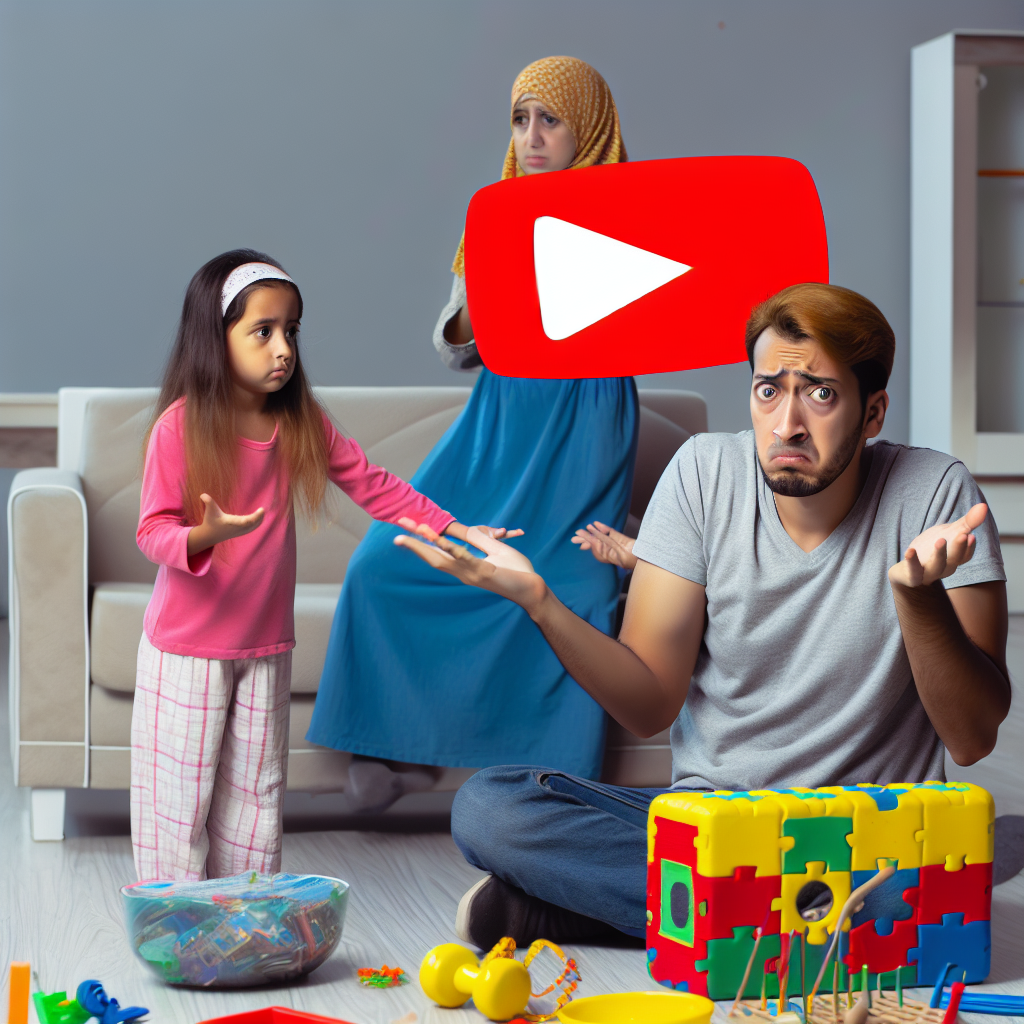Embracing Parenting in the Digital Age: Lessons from Nidgle’s YouTube Channel
Navigating the world of parenting today involves far more than traditional techniques. Parenting in the digital age means understanding how technology shapes children’s learning, behavior, and values. Recently, I found myself out-parented by a surprising mentor: Nidgle’s YouTube channel. This experience opened my eyes to how digital resources can enhance parenting approaches, especially when raising kids immersed in devices, social media, and endless online content. If you’re a parent wondering how to balance screen time with meaningful connection or looking for relatable guidance on modern challenges, this exploration offers actionable insights for parents adapting to the digital era.
Understanding the Dynamics of Parenting in the Digital Age
The New Challenges Parents Face
Raising children today involves more complexities due to technology’s pervasive role. Challenges include:
– Monitoring screen time without hampering autonomy
– Filtering online content to protect against harmful influences
– Teaching digital literacy and online etiquette
– Balancing physical activities with sedentary screen-based hobbies
Parents must evolve their strategies continuously to keep up with these challenges, embracing tools that educate and empower rather than restrict.
Why Digital Media Can Be a Powerful Parenting Ally
One episode of Nidgle’s channel highlighted the power of carefully curated digital content. Digital media can:
– Provide educational tools tailored to children’s developmental stages
– Offer support networks for parents feeling overwhelmed
– Deliver creative parenting ideas and activities
– Empower kids with skills for future readiness, like coding and critical thinking
Utilizing digital platforms effectively means viewing them as supplements to parenting, not substitutes.
How Nidgle’s YouTube Channel Redefined My Approach
Relatable Storytelling That Resonates
What set Nidgle apart was the authentic storytelling style. Rather than didactic lectures, the channel offers real-life scenarios and solutions that parents easily identify with. This relatability fostered a new mindset for me, encouraging patience, humor, and flexibility in parenting decisions.
Practical Tips for Screen Time Management
Instead of strict rules, Nidgle models collaborative strategies such as:
– Creating family screen-time agreements with input from children
– Encouraging tech-free zones or periods that promote interpersonal interaction
– Introducing quality content choices rather than blanket bans
These suggestions showcased effective ways to coexist with technology without constant conflict.
Key Strategies for Effective Parenting in the Digital Age
Communicate Openly About Technology
Talk to children about the benefits and risks of digital tools. Use age-appropriate language to explain why certain content is restricted and discuss online privacy patiently. Open dialogue builds trust and helps kids internalize healthy tech habits.
Encourage Critical Thinking and Digital Literacy
Teach children how to differentiate credible information from misinformation. Encourage questions like:
– Who created this content?
– What is the intention behind it?
– Is this safe or respectful to engage with?
These skills prepare kids to navigate digital landscapes independently.
Balance Online and Offline Experiences
Promote activities that foster physical movement, creativity, and social skills. Ideas include:
– Family board games night
– Outdoor adventures or sports
– Art and craft projects inspired by online tutorials
Maintaining this balance supports holistic development beyond digital interactions.
Leveraging Online Communities and Resources to Grow as a Parent
Finding Support Networks on Platforms like Nidgle’s Channel
Digital parenting resources often provide community forums and comment sections where parents share experiences and advice. Participating in such communities reduces isolation and offers diverse perspectives on parenting challenges.
Supplementing Parenting Knowledge with Expert Content
Channels run by educators, child psychologists, and experienced parents can deepen understanding of child development. Combine expert insights with firsthand experiences to form well-rounded strategies.
For further authoritative information on parenting in the digital age, visit resources such as [Common Sense Media](https://www.commonsensemedia.org/).
Preparing Children for a Digital Future Without Losing Connection
Modeling Responsible Device Use Yourself
Children learn habits from observing adults. Demonstrating balanced device use and prioritizing face-to-face communication guides them towards similar behaviors.
Fostering Emotional Intelligence Amid Digital Interactions
Encourage your children to express emotions and resolve conflicts offline. Many digital platforms lack empathy cues, so emphasizing emotional skills is vital for healthy relationships.
Applying These Lessons in Your Daily Parenting Routine
Start small by setting achievable goals such as:
1. Establishing tech-free breakfasts or dinners
2. Selecting one new educational app or video weekly with your child
3. Scheduling outdoor playtime daily to offset screen exposure
Reflect regularly on what works and adjust accordingly. Parenting in the digital age is a continuous learning journey enriched by tools like Nidgle’s YouTube channel.
Take control of technology’s influence in your home today—balance, communication, and openness are your greatest assets.
Ready to enhance your digital parenting skills? Reach out for personalized guidance at khmuhtadin.com and join the community growing confident in parenting in the digital age.



